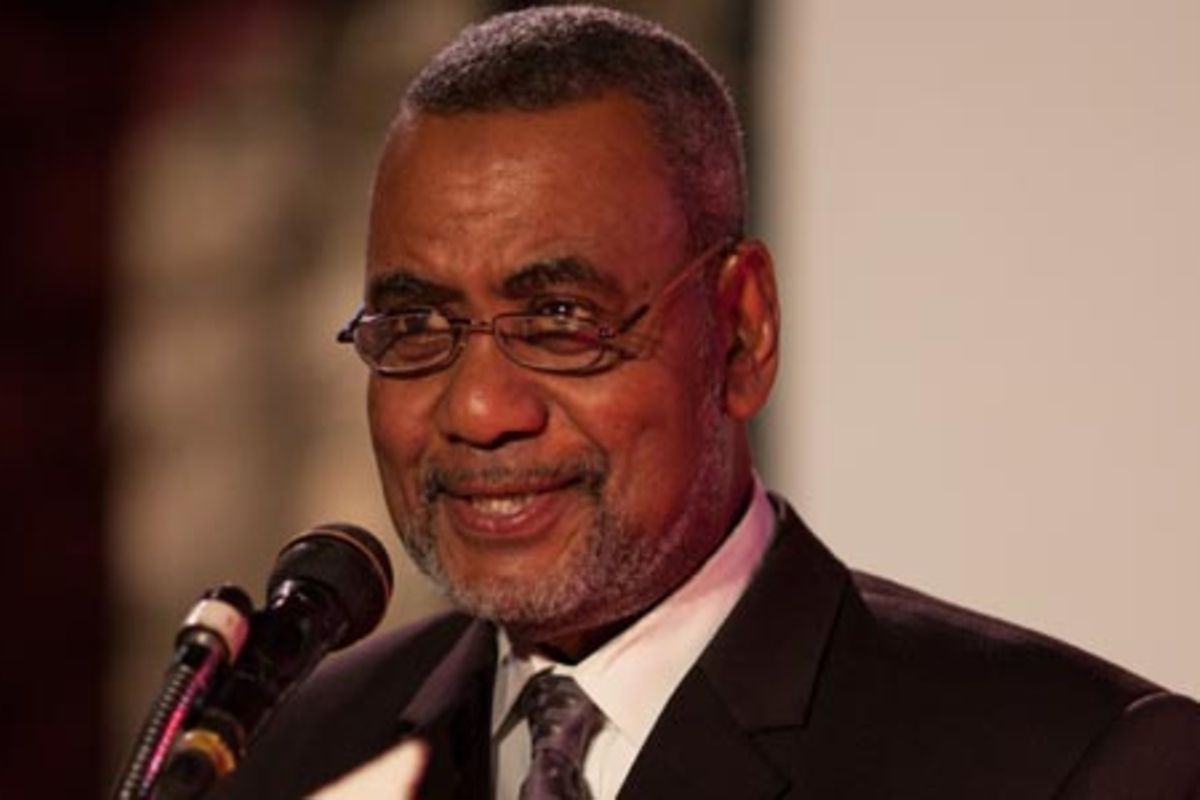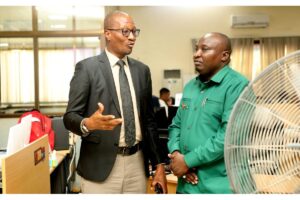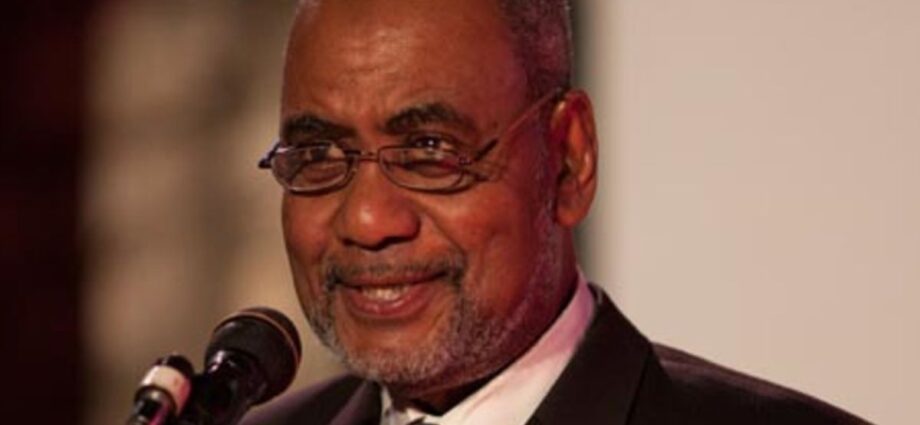
Dar es Salaam. The second annual Maalim Seif Foundation (MSF), which is held to honor the late Maalim Seif Sharif Hamad, is set to be held for two days from Saturday, October 22 and Sunday October 23, at the Golden Tulip Hotel, Zanzibar.
The conference will be graced by the first Vice President of Zanzibar, Othman Masoud Othman, and closed by the Chairman of the Tanzania Center for Democracy (TCD), Abdulrahman Kinana.
The institute was established with the objectives of promoting democracy through discussion and diplomacy and running programs aimed at building and developing reconciliation; living in justice; peace and mutual respect; conflict resolution; integration and cooperation between people and various communities.
In a statement issued by the Acting Chief Executive Officer, Ismail Jussa, said the theme of this year’s meeting is education, talent development, creativity, and empowerment.
“These contents have been chosen to go along with the ongoing discussion about the need for change in the education system in Zanzibar and in the world in general to involve the life and vision of Maalim Seif,” said Jussa.
He said that the conference will bring together speakers from the public and private sectors to talk about the state of education in Zanzibar and work together to classify the opportunities available in African countries and the world.
“Famous and experienced people on these issues inside and outside the country have been invited to come and talk and exchange ideas related to the content,” he said.
Among them are the Minister of Education of Zimbabwe, David Coltart; famous scholars in the country, Prof Issa Shivji, Prof Kitila Mkumbo, Richard Mabala; businessman Rostam Aziz; and Professor Gary Thomas Burgess from the US Naval Academy among others.
Others are international writer and expert analyst, Ahmed Rajab, famous writer Mohamed Khelef Ghassani, education experts, Dr Maryam Jaffar Ismail of SUZA, Khadija Shariff of Milele Foundation, and Maalim Hussein.
Also, Ali Suleiman and student Maaher Bhaloo, retired American Ambassador to Tanzania, Mark Green, and retired Ambassador of the European Union (EU), Roeland van de Geer, will also speak via video.
Share this news
This Year’s Most Read News Stories

Ali Hassan Mwinyi, Former President of Tanzania, Dies at 98
Ali Hassan Mwinyi, a schoolteacher turned politician who led Tanzania as its second post-independence president and helped dismantle the doctrinaire socialism of his predecessor, Julius K. Nyerere, died on Thursday in Dar es Salaam, the country’s former capital. He was 98.Continue Reading

‘Sovereignty alone won’t solve Zanzibar economic woes’
The ruling party in Zanzibar on Monday , March 13, responded to growing demands for full autonomy in the Islands, saying sovereignty doesn’t guarantee economic strength.Continue Reading

Juma Haji Duni: A legacy of resilience and leadership in Zanzibar politics
The recurring inefficiency among some contractors could lead the government to favour foreign firms, sparking criticism from stakeholders advocating for local participationContinue Reading











